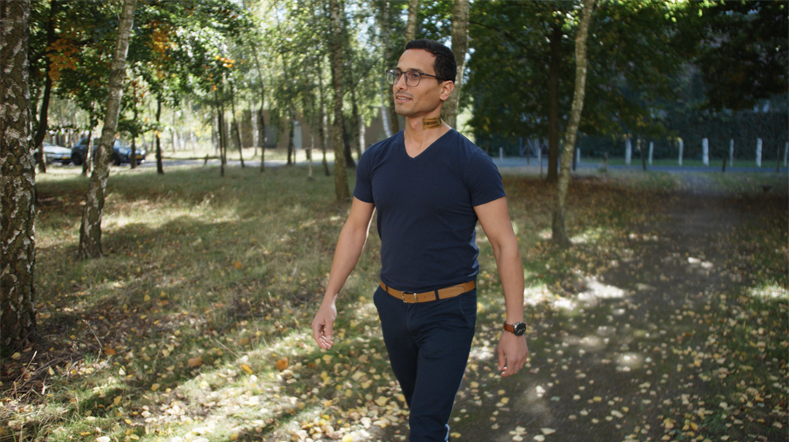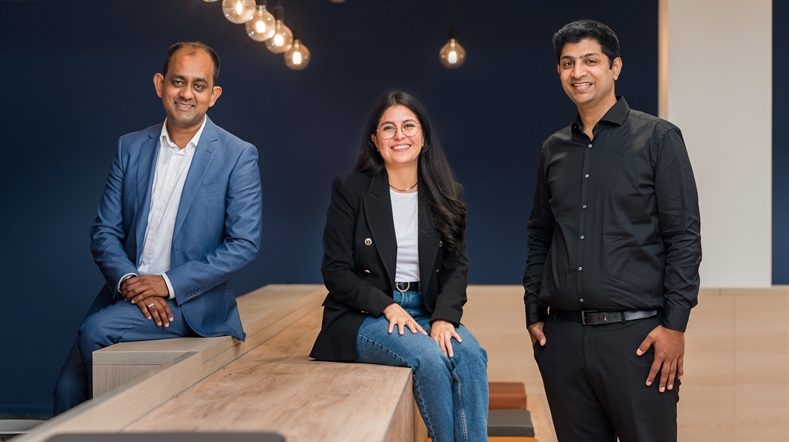
Pharmaprint: digital production of medicines by pharmacists
Through a combination of knowledge in the fields of 3D printing, food and pharmaceuticals, solutions are being created for various problems in the healthcare sector. These include sudden, sharp rises in the costs of healthcare, shortages of drugs and overpriced centralised preparation. TNO has developed a technology that allows pharmacists to digitally produce drugs in their own practice, each tailored to a specific patient.
Combining active substances
These solutions build on the 3D food printing that TNO developed years ago as one of the first in the world. As with food, it is important that drugs can vary in functionality and composition. This way, a pharmacist can produce pills that are precisely tailored to the individual. Thanks to the new technique, the drug is readily soluble, different active ingredients can be combined in one pill and the dosage can easily be varied.
Two birds with one stone
Discussions with pharmacists, hospitals, wholesalers and patient organisations have shown that there is a great need for this solution. In addition, this solution offers an opportunity to create new business models in which the total costs of healthcare can be reduced without the health insurer or pharmacy having to make any sacrifices. The digital production of drugs is an answer to both of these problems.
New techniques for printing drugs have already been developed abroad, but it is still a matter of mass production and not customisation by the local pharmacy. On top of this, it has never been possible to get different active ingredients into one pill or to create a series of pills in which the potency is slowly reduced.
Feasibility assessment
Feasibility assessments are currently being carried out for pharmaceutical companies to show if and how their materials and formulas are suitable for the printing technique. Advanced systems will also be developed with which they can test the TNO invention in their own labs. Discussions will be held with all parties involved, including insurers, the government and the Health Care Inspectorate.
The first systems are being developed to apply the technology in a central location, where pharmacists can order customized medication for the patients. The new technology will soon be able to contribute to the quality of life of patients while simultaneously reducing the cost of care.
Get inspired
TNO develops ultrasound patch for organ monitoring


Time setters: wearables that monitor your health


TNO launches digital health spin-off AIKON Health for wearable monitoring


UK MasterChef winner Tim Anderson experiments with 3D printed pasta


Food pharma printing

